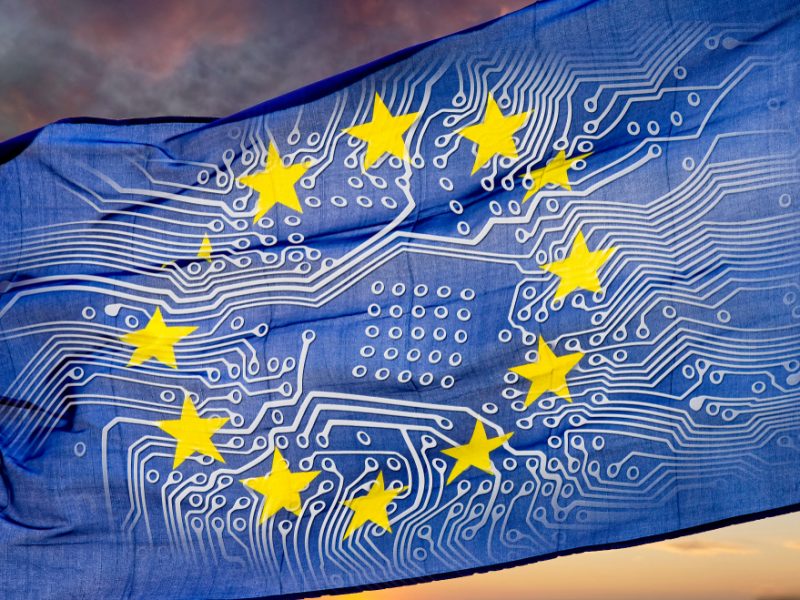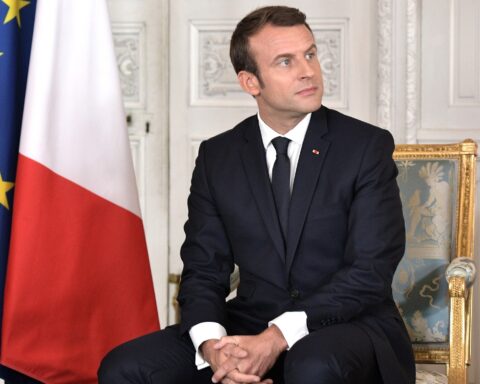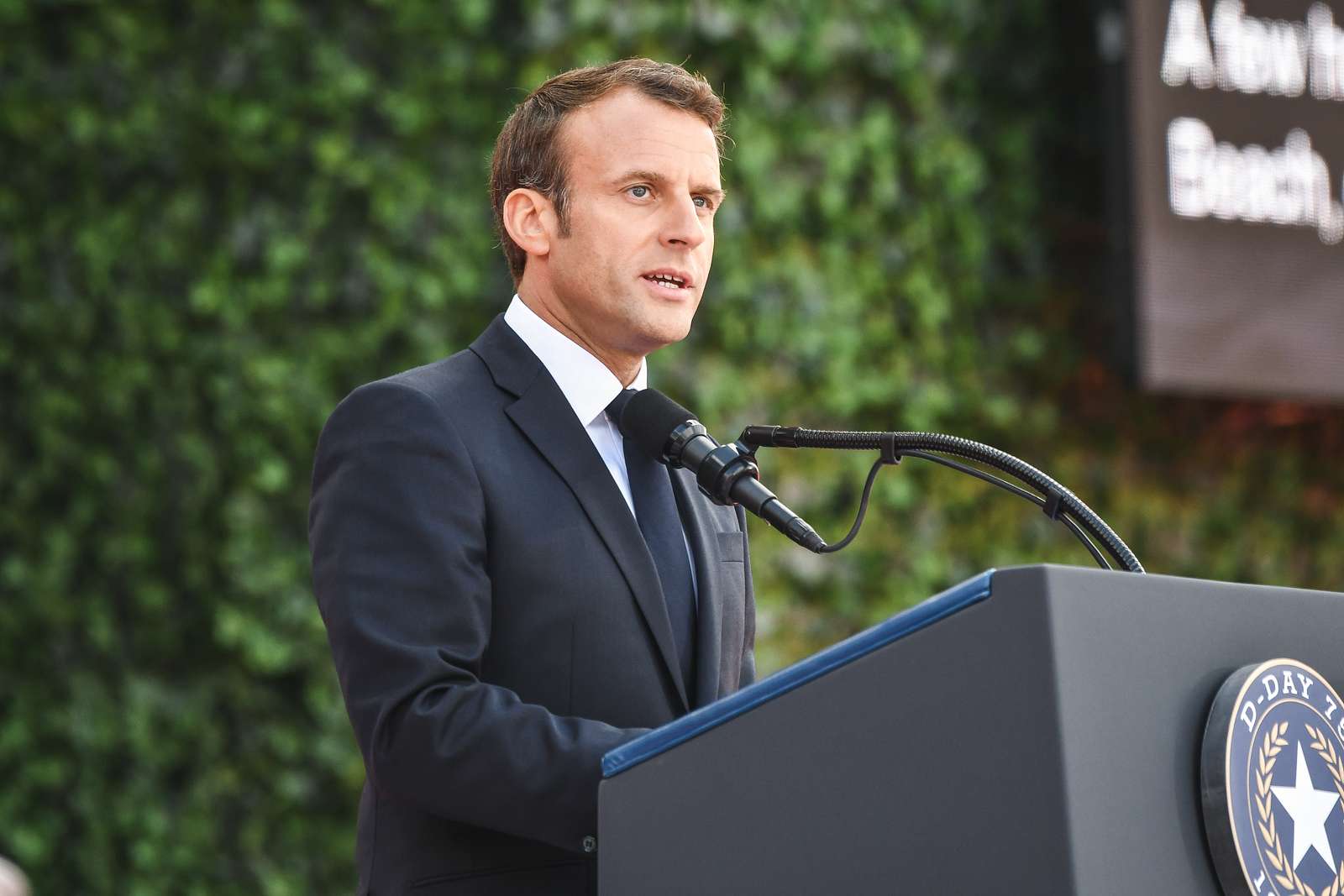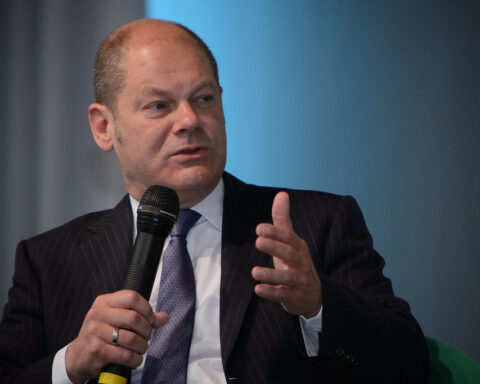Deep Tech is not yet a priority in the European Union – does Emmanuel Macron herald the turnaround?
Receiving forward-looking news from Brussels is not necessarily part of the European Union’s standard. With the French presidency, which begins on January 1st and lasts for six months, a breath of fresh air should blow through the EU Parliament. The incumbent French President has announced that he will work for innovations for deep tech innovations.
While this news gives equal parts hope to experts and start-ups in the field, a large part of the population is likely wondering what is behind the term “deep tech”. Deep Technology is the science-based development of new technologies, products and processes. The aim is to solve a specific current problem. These problems may include the development of packaging materials to replace plastic used in food packaging.
At first glance, the ambitions of companies operating in the deep tech scene seem unlimited. The ingenuity is limited by the lack of financial support. For many banks and investors, entrepreneurs are often like a blank piece of paper. In addition, there is a risk assessment that is difficult to assess in the case of innovative ideas. Combined with each other, it becomes clear that a good idea is not enough to inspire the financiers as well.
But how do Europe and the EU place themselves in the face of the lack of financial support? Compared to the USA, Europe invests only a third of the funding in deep tech projects. What still looks like a calculated risk assessment today, may in the future let Europe fall behind the USA and China. If there is a lack of innovation, the economic influence of the entire continent is shrinking.
The deep tech offensive that Macron is proposing involves building at least ten companies. Each of these companies should have a valuation of 100 billion euros by 2030. For this goal to be achieved, it is not enough to act at the country level. The common strategy of the EU should prove to be the key to leaving the role as the bottom of deep technology.
Established companies should no longer benefit from this development. At this point, start-ups that have so far lacked the financial means to implement their own ideas can hope for improved prerequisites for the company’s financial planning. The purpose of facilitating access to funding is to develop as many ideas as possible.
The French presidency of the EU in the EU ends on June 30, 2022. The existing period of just six months is not very long to bring about changes. It therefore remains to be seen which European countries will take on this project in order not to abandon the chosen path in the future.






